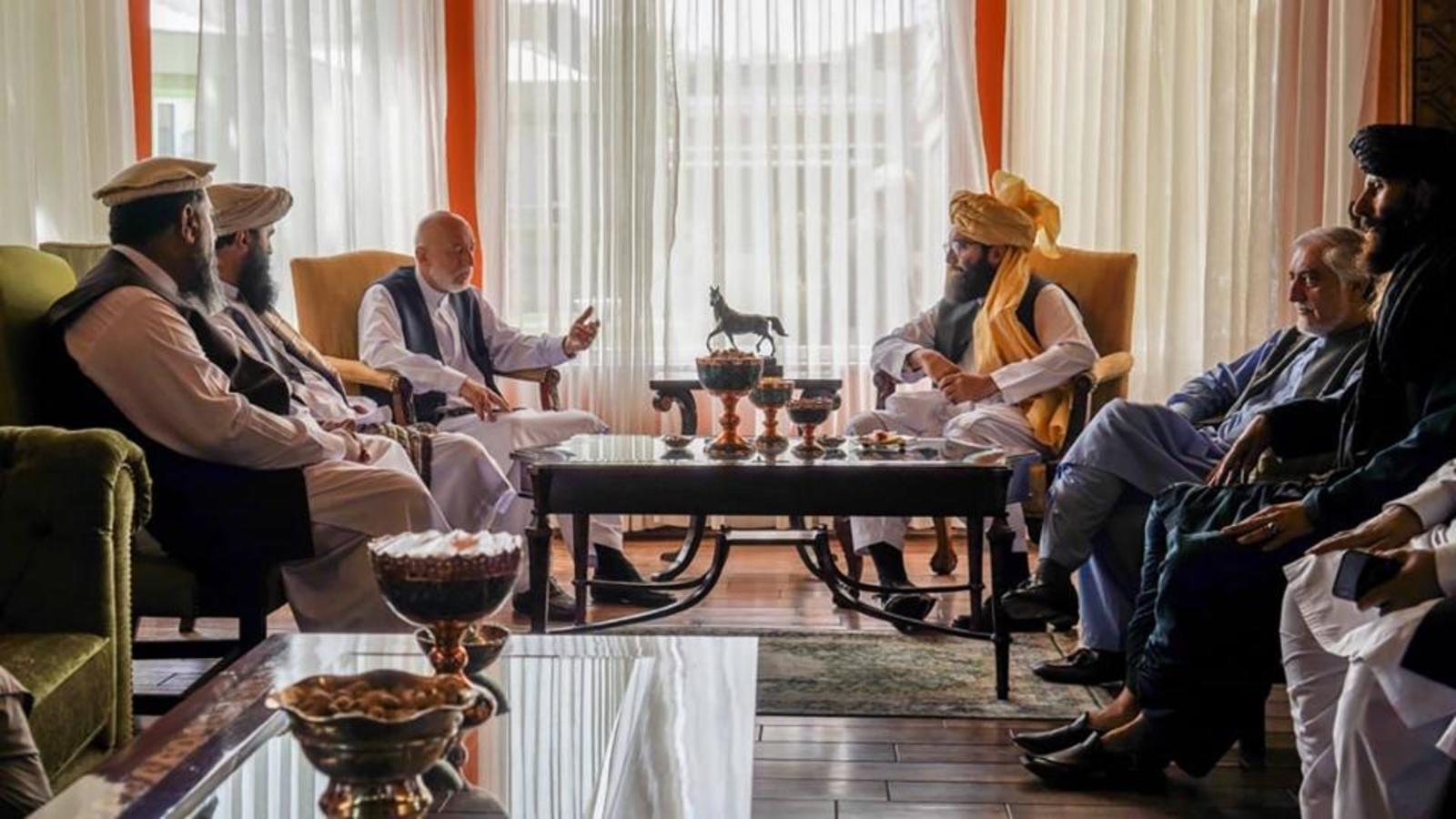
The 1988 UN Sanctions Committee, currently chaired by India and responsible for overseeing sanctions on designated Taliban leaders, will meet this month to consider extending travel exemptions to major Taliban leaders such as the Taliban. mullah Abdul Ghani Baradar.
According to UN Security Council Resolution 1267, adopted about a month after the 9/11 terrorist attacks in the United States, the Taliban and its leadership were subject to various sanctions, including the freezing of property, the travel ban and arms embargo, to take refuge in Qaeda leader Osama bin Laden.
In 2019, Baradar, the head of the Taliban’s political office in Doha, Qatar, and 14 members of the group’s negotiating team received a travel exemption from the UN in early 2019 to join peace talks with the US as part of efforts to end the war in Afghanistan. These talks led to the signing of a peace agreement between the Taliban and the United States in February 2020.
Taliban leaders have used the travel exemption, which has been renewed from time to time, to travel to several other countries, including Russia and the Central Asian states. Prior to the collapse of the Ashraf Ghani government on August 15, Afghan officials had been pressuring the Indian side to tighten the scope of the travel exemption to ensure that Taliban leaders do not misuse it. Among the 14 members of the Taliban’s negotiating team are Sher Mohammed Abbas Stanekzai, Shahabuddin Delawar, Mullah Abdul Manan Omari, the brother of Taliban founder Mullah Omar, and Anas Haqqani, the brother of network leader Haqqani. , Sirajuddin Haqqani. Both Stanekzai and Anas Haqqani have been involved in an informal outreach to India and are key Taliban negotiators.
Although the travel exemption will be renewed on September 20, people familiar with the development said on condition of anonymity that it was too early to say what might happen at the next meeting of the 1988 sanctions committee.
There are currently no indications that other restrictions on the designated Taliban leaders will be reduced or that some of them would be removed from the list, people said.
India’s envoy to the UN, TS Tirumurti, is chairman of the sanctions committee from 1988 to December 31, and the two vice presidents are envoys from Russia and Saint Vincent and the Grenadines.
With Russia and China working closely with Taliban leaders since the group came to power on August 15, the stance taken by other permanent members of the Security Council (the United States, the United Kingdom and France) will establish the scenario for the 1988 sanctions committee’s approach to appointed Taliban leaders.
However, UN Secretary-General’s Special Representative for Afghanistan Deborah Lyons had suggested at a special meeting of the Security Council on 6 August that the travel exemption should be used to pressuring Taliban leaders to live up to their commitments to ensure peace.
At a time when the Taliban were still fighting Afghan security forces, Lyons had said, “It should be clear to the Taliban Political Commission that the travel ban exemptions and the high protocolization with which they have been received by many in fact, the countries were based on commitment and progress in the peace process. ” The new extension of the exemption, he added, “must be based on real progress in peace.”
Brian O’Toole, a former U.S. Treasury Department official, wrote in a recent article for the Atlantic Council that the lack of clarity on the status of UN Taliban sanctions could have “serious ramifications. “at a time when the group is seeking legitimacy.